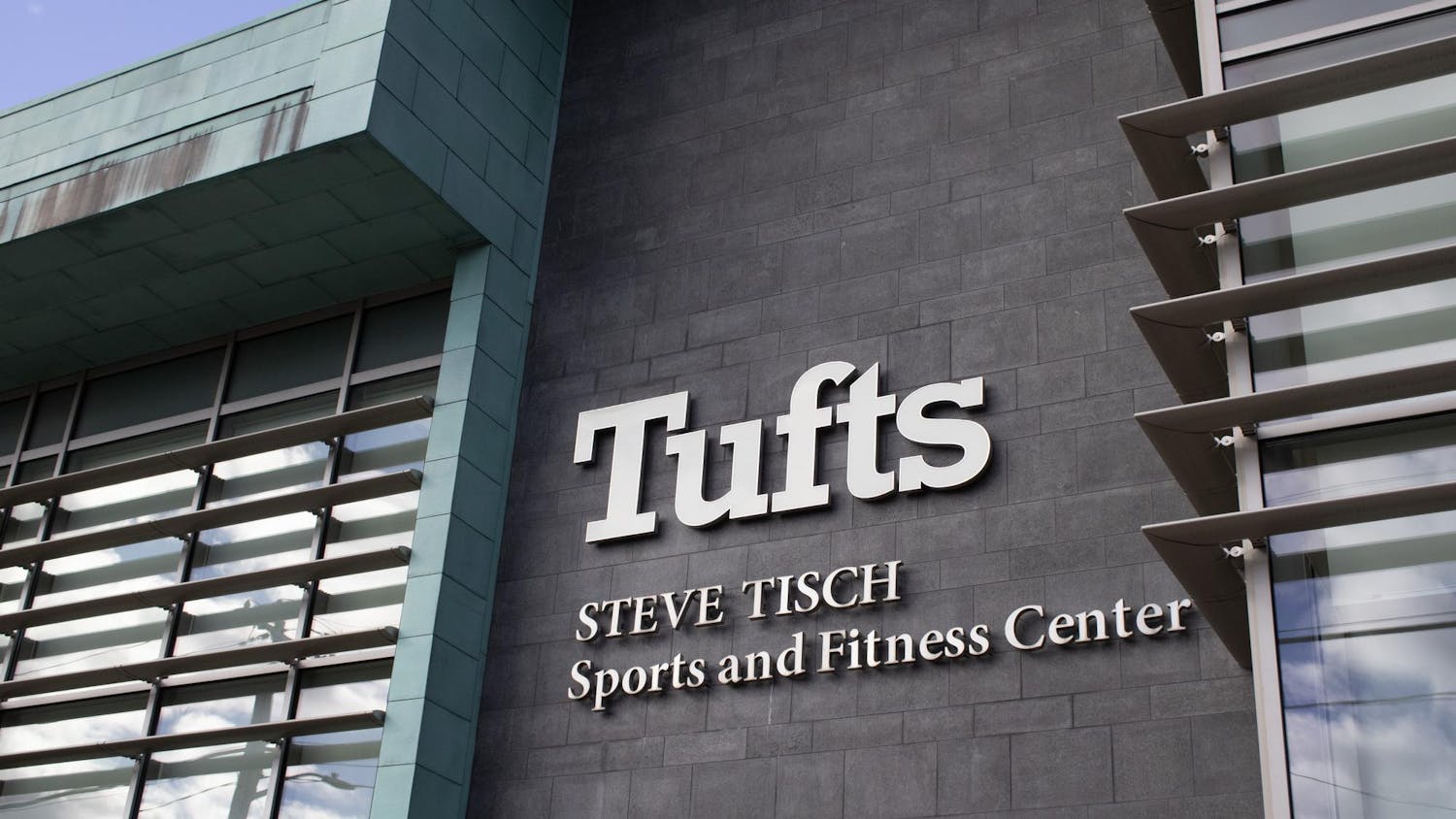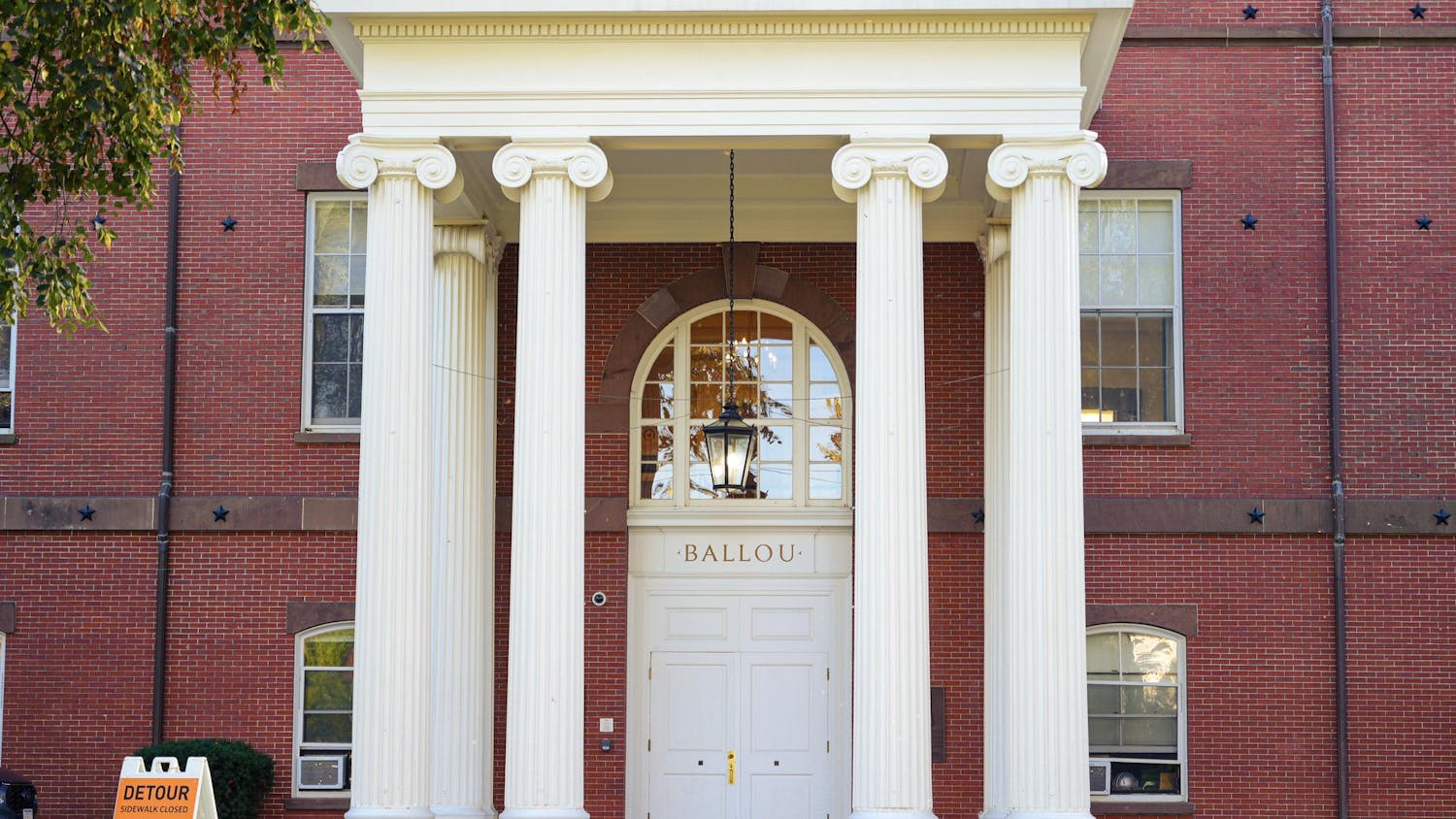The software used by the Tufts Community Union (TCU) Senate Textbook Exchange is expanding to its fourth university outside of Tuftsthis month, one of a number in which it operates across the country and abroad.
The software will launch at Northeastern University on Thursday, Dec. 5. The software expanded to Wesleyan University in fall 2018, and the Ohio State University and the University of Oxford in spring 2019, according to TCU Senator PhillipMiller.
Miller, a senior, recalled that he initially founded the program, which acts as a third party facilitator for students to buy and sell textbooks, in 2017 with the aim of creating an easier and cheaper alternative for students to buy textbooks.Miller explained that students list a price for their textbook on the program’s software, where buyers can then directly purchase and pick up those textbooks at a set location. Sellers receive 100% of the cost of the book.
Miller explained that the program has grown among universities as a result of its publicity.
“There were a couple of Daily articles written about us, and their student governments were interested in starting textbook exchanges, and they just Googled textbook exchanges, and I guess we came up, and they all reached out to us,” Miller said in an email to the Daily.
Miller currently deals with the Textbook Exchange’s external relations with other universities. He commented on the program’s success at other universities.
“We have access to all the data from these universities and have been quite pleased with the numbers," Miller said. "Wesleyan is growing at about the rate that the Tufts textbook exchange did, with over 1,000 books having been listed one year into the program. It seems to take about a semester for the word to get out, and then the growth is pretty quick.”
The Textbook Exchange is transferred to other universities through the use of original software developed by Tufts students. Members of the Textbook Exchange provide the student government of the partnering university with the software and explain how to run the program, according to Miller. Tufts students can also act as advisors if there are issues regarding marketing or implementation, Miller added.
The Textbook Exchange has been reorganized as a nonprofit organization called the Textbook Exchange Network (TEN) that is unaffiliated with Tufts, according to Emerson Wenzel, the executive director of the program.
Wenzel, a senior, added that it will act as a neutral organization that provides resources to other schools. It currently is staffed by Tufts students, but the group hopes to expand representation to members of other universities as well.
A key feature that TEN has been working on has been more advanced software to facilitate easier expansion to more universities. Kevin Bae, director of technology, explained that he and a team of 11 Tufts students have been working on a new software platform for the Textbook Exchange to operate through.
“In the past we weren’t really taking into account that we were going to be expanding the exchange model to different universities," Bae, a senior, said. "We realized it was really really hard to get [other universities] integrated, so we decided to start from scratch and go from the ground up and use industry-standard and scalable technologies that allow us to actually bring in a new school as quickly as possible with minimal work.”
The new technology will allow TEN to maintain a large database of information more easily and integrate new universities more quickly, according to Bae.
“Let’s say there are 100 universities that want to come in and use our system," Bae said. "With the old system, it would be a lot of work just to integrate all those universities. But now with 100 universities, we could do that within a day.”
The new software has been in the testing phase for some time, but it will be released this coming Thursday with Northeastern's opening of its textbook exchange.
The Textbook Exchange at Tufts alone saves students an average of $100,000 each year, according to Miller.
An important aspect of facilitating the TextbookExchange is navigating the non-compete clauses that exist between university bookstores — typically Barnes & Noble — and university administration, according to Miller.
At every university that the TextbookExchange expands to, the student government of that school must be authorized by the bookstore and the administration, acknowledging that running the program will not violate any contracts.
“Because it’s been okayed at a couple universities already, I think it makes a strong case to be okayed at other universities,” Miller said.
Miller added that a number of other universities and organizations have reached out to TEN to take part in the program.
Correction: A previous version of the article "Textbook Exchange expands to 4 other universities" incorrectly stated that the TCU Senate Textbook Exchange is expanding. Instead, the software the TCU Senate Textbook exchange uses, is expanding to other universities. The article also vaguely stated that the Textbook Exchange saved Tufts $107,000. Textbook Exchange saves Tufts students $100,000 in textbooks per year. Finally, the caption to the photo in the article was incorrect; Emerson Wenzel, not Philip Miller, is currently the executive director of the organization. The article has been updated to reflect these changes. The Daily regrets these errors.
Textbook Exchange software expands to 4 other universities

Philip Miller, the founder and former executive director of the Tufts Textbook Exchange, poses for a portrait in Tisch Library on Feb. 1, 2018.





